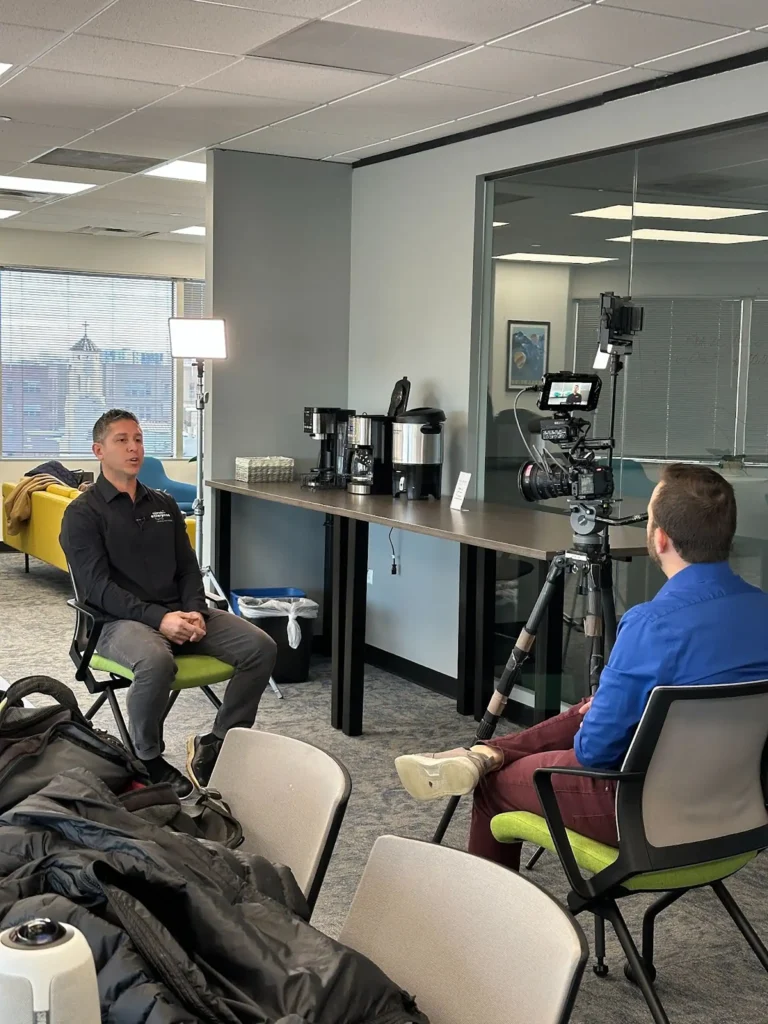At a meeting a few weeks ago, Sarah brought a question to the team. She wanted to know if we had ever learned the origins of the phrase, “divide and conquer.”
Most of us shook our heads or shrugged. Divide and conquer seems like a common workplace saying. We’d often use it in conversations about delegating tasks or working together on a project. We would say it without thinking much about its historical context or implications.
When she looked up the meaning, Sarah found this: “divide and conquer: to make a group of people disagree and fight with one another so that they will not join together against one.” It’s a strategy used to weaken one’s opponents in war.
Huh.
As a team of communicators, we’re not in the business of starting fights among people or discussing military strategy. So why are we using that phrase in the workplace?
It turns out – and brace yourself here – many of the words and phrases we use in the workplace have violent, offensive and/or derogatory origins. It shouldn’t come as a total surprise but it’s important to talk about. It is only when we take the time to discuss, learn and understand these origins we can start to change in the way we talk to each other at work.
So let’s talk about some of the language traps we fall into. Whoops… think I just fell into one there.

Ableism
Ableist language is a product of a society where individuals with differing abilities are often overlooked, undersupported or stigmatized. We all interact with the world in different ways. When you’re writing content that includes a call to action, consider the ways in which your language could exclude someone who moves through the world a bit differently.
Does your sentence assume someone in your audience can see, hear, speak, or stand? If the answer is yes, try something new!
Replace “Take a stand” with “Show your support”
Replace “Step up” and “Speak up” with “Join us”
Guns
Let’s talk about guns….or, let’s not? Americans spend a lot of time thinking about guns – be it gun legislation, the Second Amendment or gun violence. This overexposure has caused many to lose sensitivity to the language of guns, and it shows up in the workplace a lot.
Do you unknowingly evoke gun violence in your day to day vocab? Let’s see.
Replace “Take a shot” with “Give it a try”
Replace “Pull the trigger” with “Get it started”
Replace “Target audience” with “Intended audience”
Violence
When our team started reflecting on the phrases we use at work, we realized that some of the stuff we say is pretty violent. We’re not speaking in a violent context, but our words were – by literal definition – violent. I notice it everyday when I’m talking about project goals and tasks with my team. I think you might notice some that surprise you too.
Replace “Take a stab” with “Try it out”
Replace “Deadline” with “We’d like to have the project done by…”
Replace “Tackle” with something like “Work”
Replace “You killed it!” with “You rocked it”, because who doesn’t want to rock?
This blog is a sneak peek into an ongoing Barefoot conversation on word choice for our clients and with each other. We hope this is a useful starting point for anyone looking to make their language a little more inclusive and a little less violent.
Are there some words or phrases that we missed? Please, let us know! We have so much more to learn and we’re excited to keep the conversation going.



